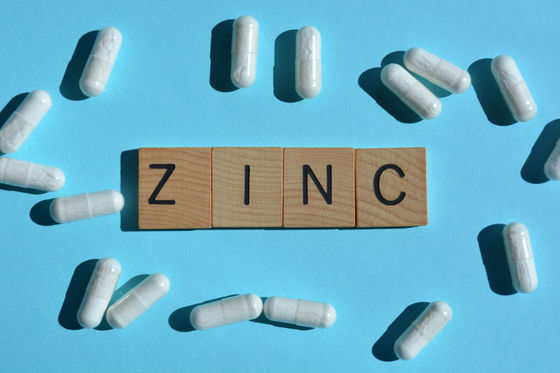'Zinc' may prevent colds and flu & relieve symptoms

Zinc for the prevention or treatment of acute viral respiratory tract infections in adults: a rapid systematic review and meta-analysis of randomized controlled trials | BMJ Open
http://dx.doi.org/10.1136/bmjopen-2020-047474
NICM HRI | Zinc shown to prevent symptoms and shorten duration of common cold and flu-like illnesses
https://www.westernsydney.edu.au/nicm/news/zinc_shown_to_prevent_symptoms_and_shorten_duration_of_common_cold_and_flu-like_illnesses
New Study Reveals Zinc Really Might Help Treat a Cold, But There's a Catch
https://www.sciencealert.com/zinc-is-back-in-the-light-as-a-potential-for-treating-respiratory-infections
The 28 papers that were the subject of this meta-analysis analysis were written in English or Chinese, and the total number of subjects was 5,446 adults. Both are related to the administration of zinc preparations for the purpose of prevention or treatment of viral respiratory infections, but even if we say 'zinc preparations' in a bite, we are researching the administration routes such as sublingual drugs, nasal drops, and troches. Depended on.
The points found in this study are as follows.
• Taking zinc for prophylactic purposes reduces the risk of developing cold-like symptoms by 28% and the risk of developing influenza-like symptoms by 68%. However, when intentionally infected with rhinovirus, which is a typical cause of common colds, the preventive effect is only 4%.
・ When zinc is administered for the purpose of treatment after infection, the duration of symptoms is shortened by about 2 days, and the severity of symptoms is reduced around the 3rd day, which is the peak period of symptoms. However, there is almost no effect of reducing the severity of symptoms during the entire period.
-Although it was confirmed that the risk of minor adverse events such as nausea and inflammation of the mouth and nose was increased, serious adverse events such as copper deficiency caused by oral zinc intake and loss of olfactory sensation caused by zinc nasal drops. The risk was low.

Since there are research results that zinc deficiency reduces the function of acquired immunity such as T cells and causes immunodeficiency, it is generally said that zinc intake is effective only for people who are 'zinc deficient'. Was customary. However, since all the studies analyzed this time were conducted in a group with a very low possibility of zinc deficiency or a group excluding subjects with zinc deficiency, it is considered that the effect of zinc is general. And that.
For this study, the lead author, Jennifer Hunter, associate professor at the NICM Institute of Health, Western Sydney University, said that some of the papers analyzed were small or dosed differently for each subject. 'Clinicians and consumers remain quite uncertain about the clinical efficacy of various zinc preparations, doses, and routes of administration,' he said. It should be noted that the very slight antiviral effect observed from zinc in the laboratory is still questionable in the real world as to whether it also applies to rhinoviruses. I warn you.
In addition, since different administration methods were adopted for each paper in the papers to be analyzed, 'At present, it is difficult to judge which method of nasal drops, nasal gel, lozenges, or oral intake is superior. No. Most trials used preparations of zinc gluconate or zinc acetate, but that does not mean that other zinc compounds are less effective. '
As mentioned above, there are several points to note in this study, but Associate Professor Hunter said, 'Zinc preparations can replace antibiotics that are inappropriately prescribed for viral respiratory infections. I will. ' In addition, the purpose of this study was to investigate the effect of zinc on the new coronavirus, but there is no paper that investigated the relationship between zinc and the new coronavirus infection (COVID-19) alone. Therefore, there is a history that multiple existing studies targeted viral respiratory infections, but Associate Professor Hunter said, 'Effective treatments for other viruses do not always work for COVID-19. It turns out that this is not the case, so I cannot say that this result can be applied to COVID-19. '
Related Posts:
in Science, Posted by darkhorse_log







